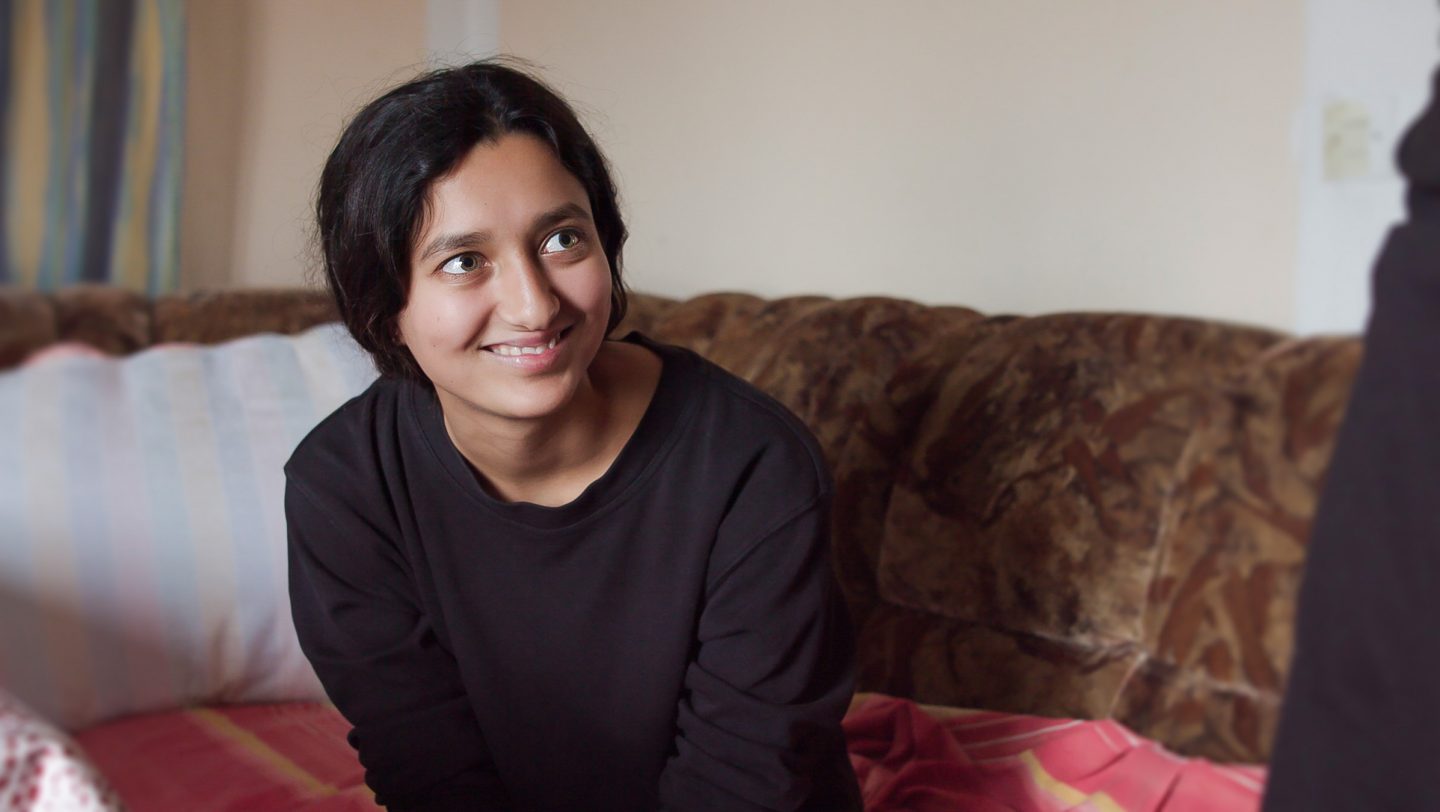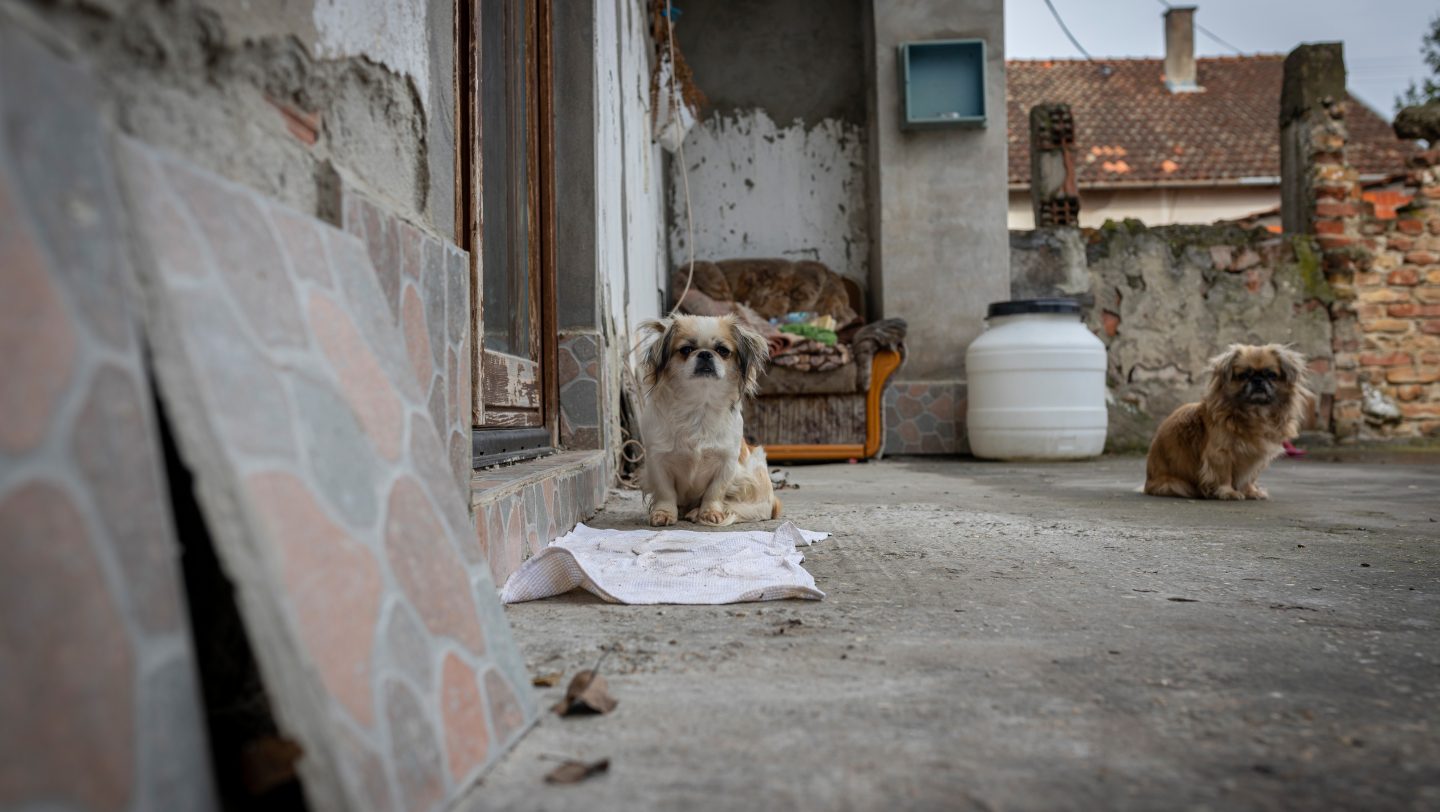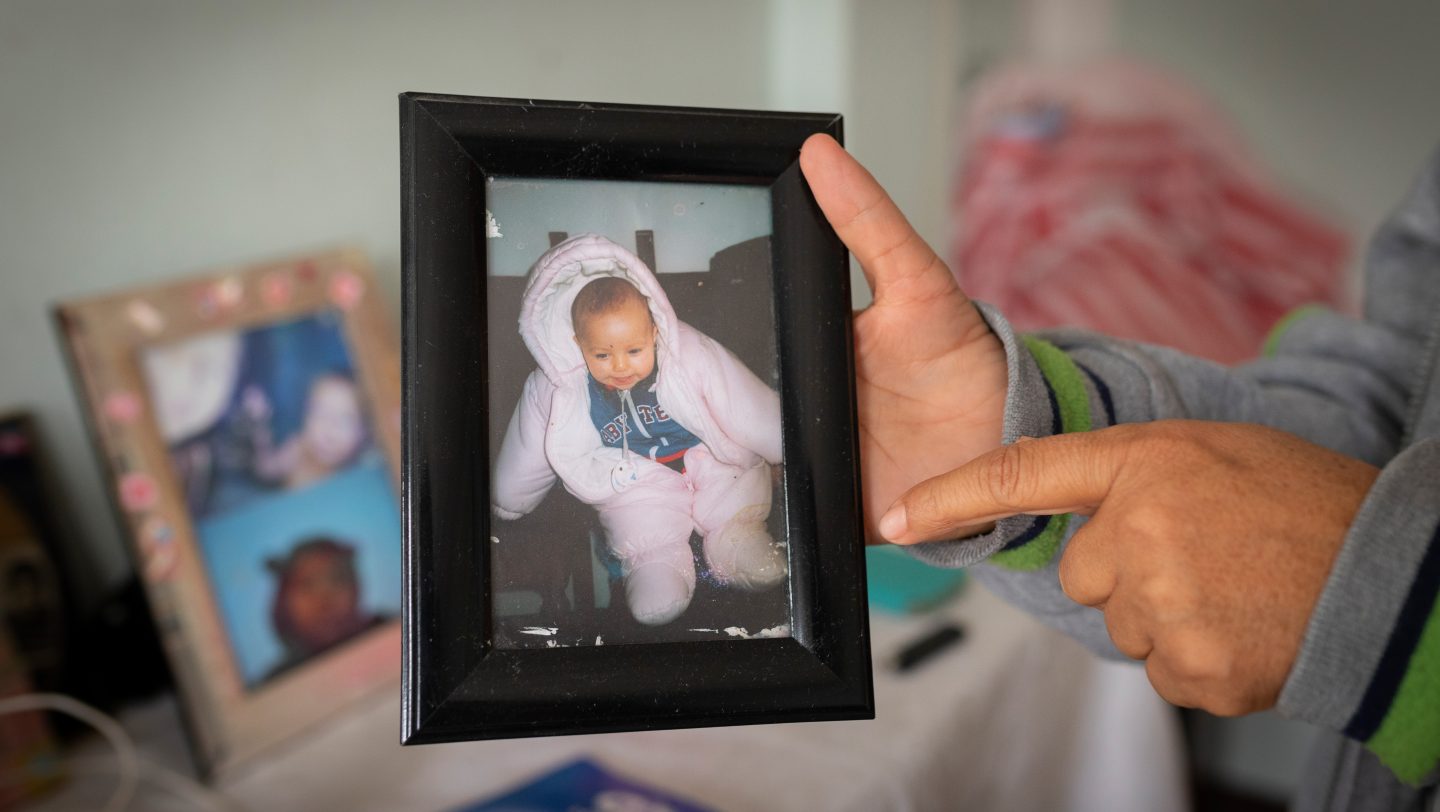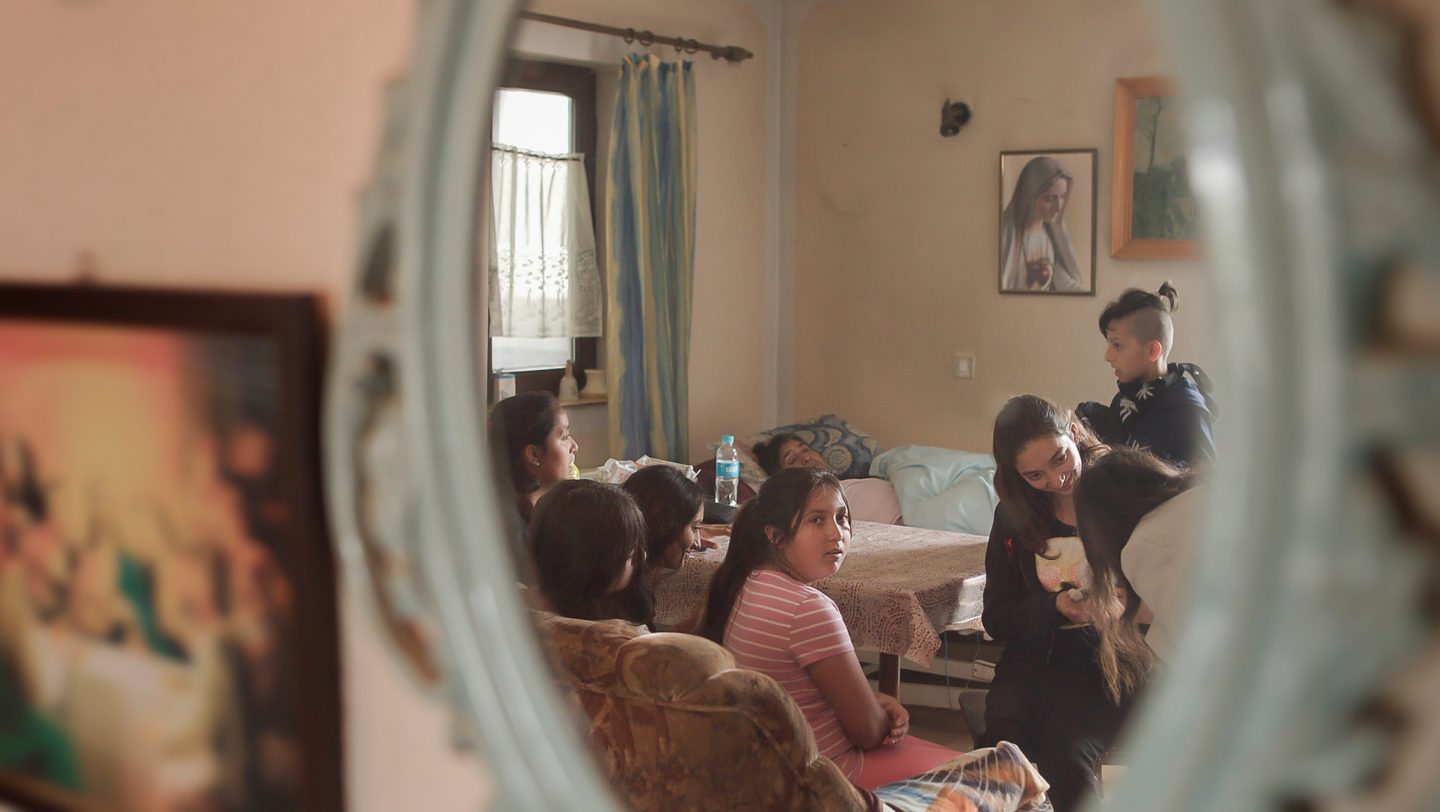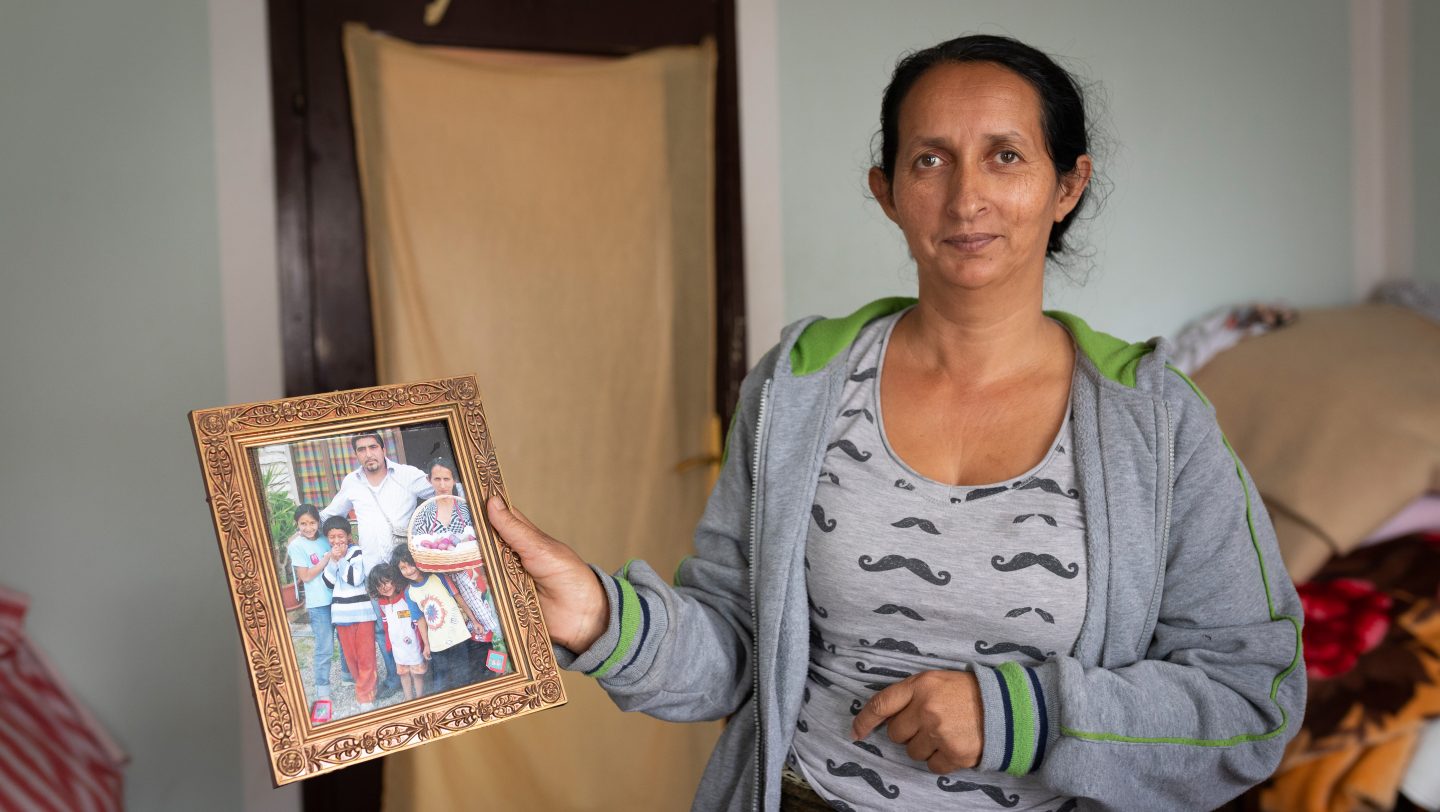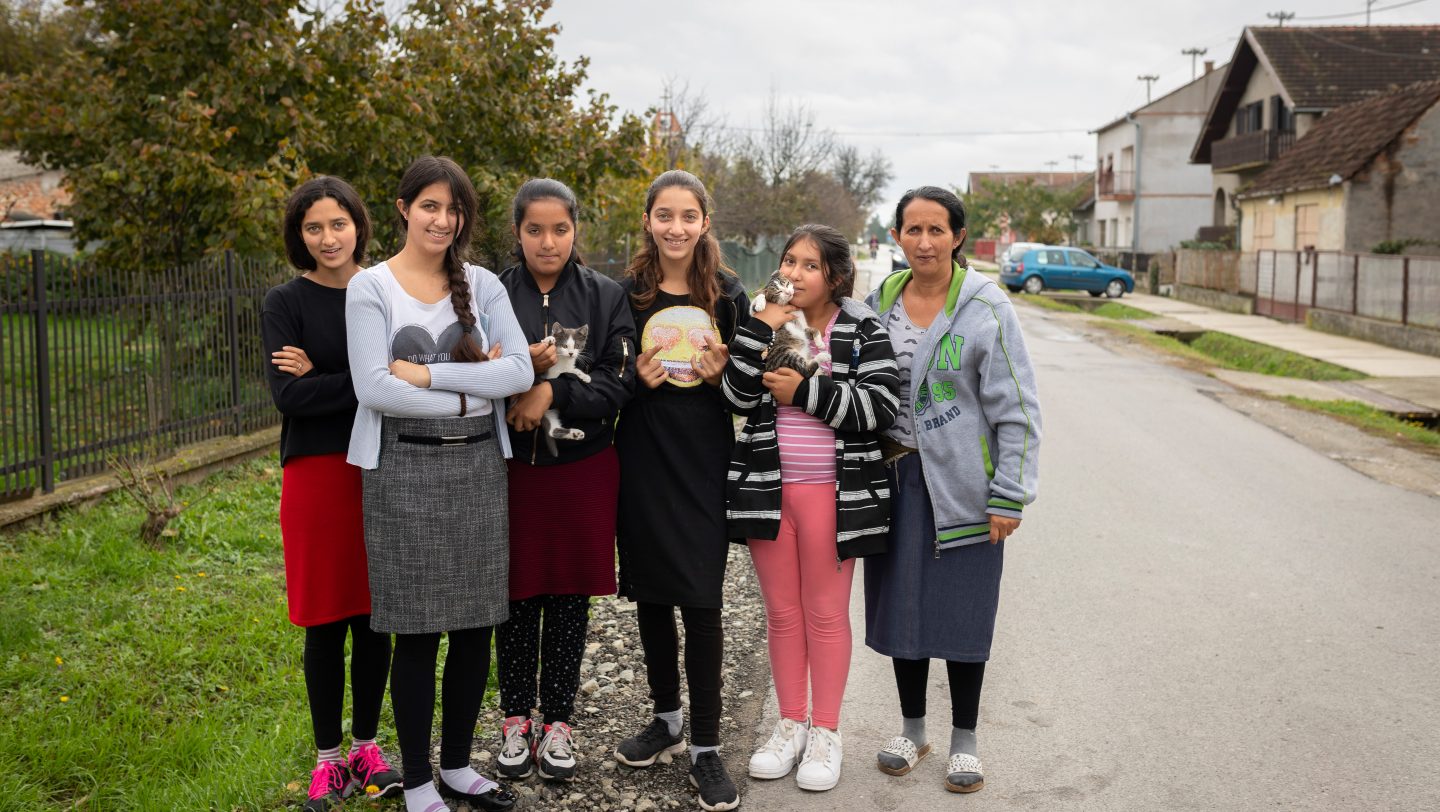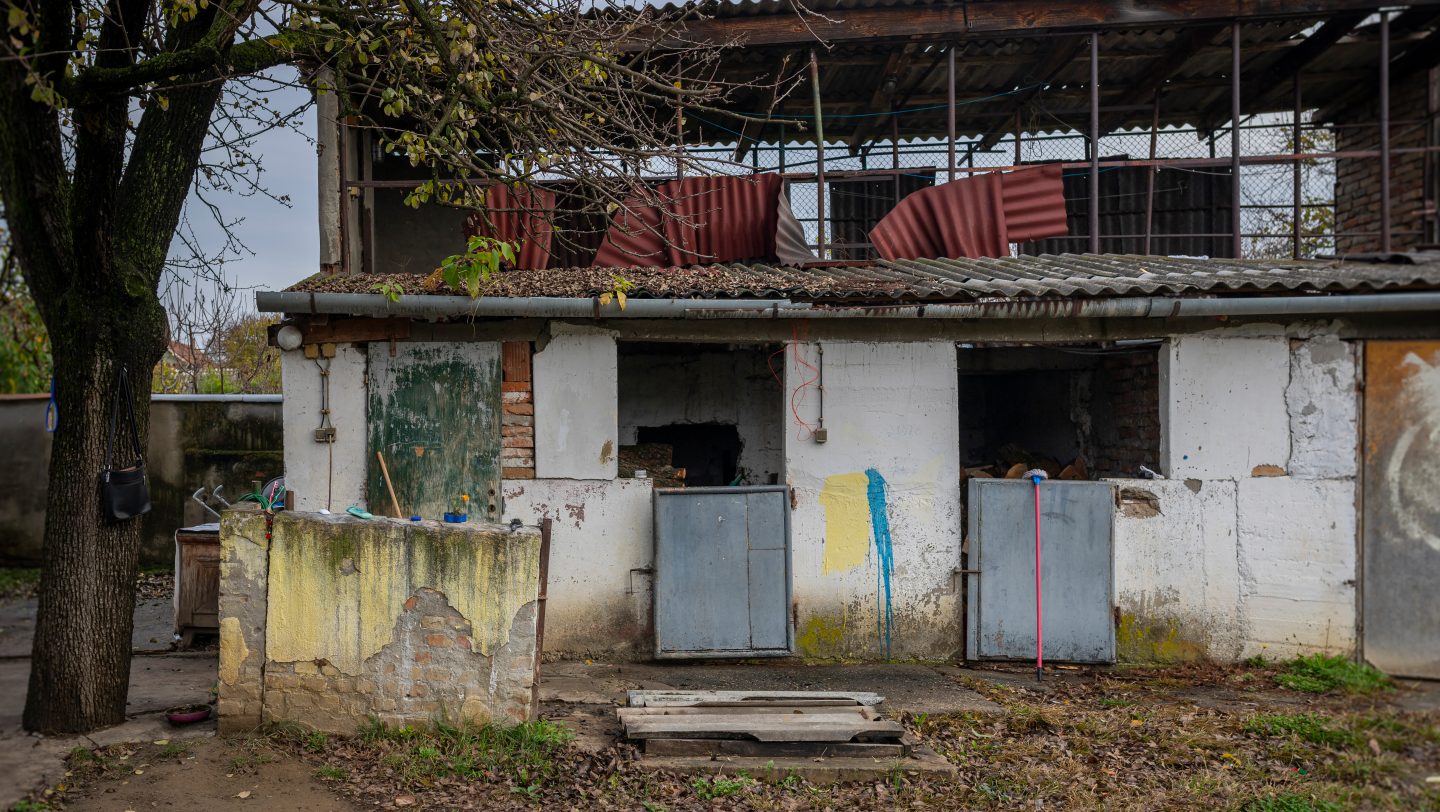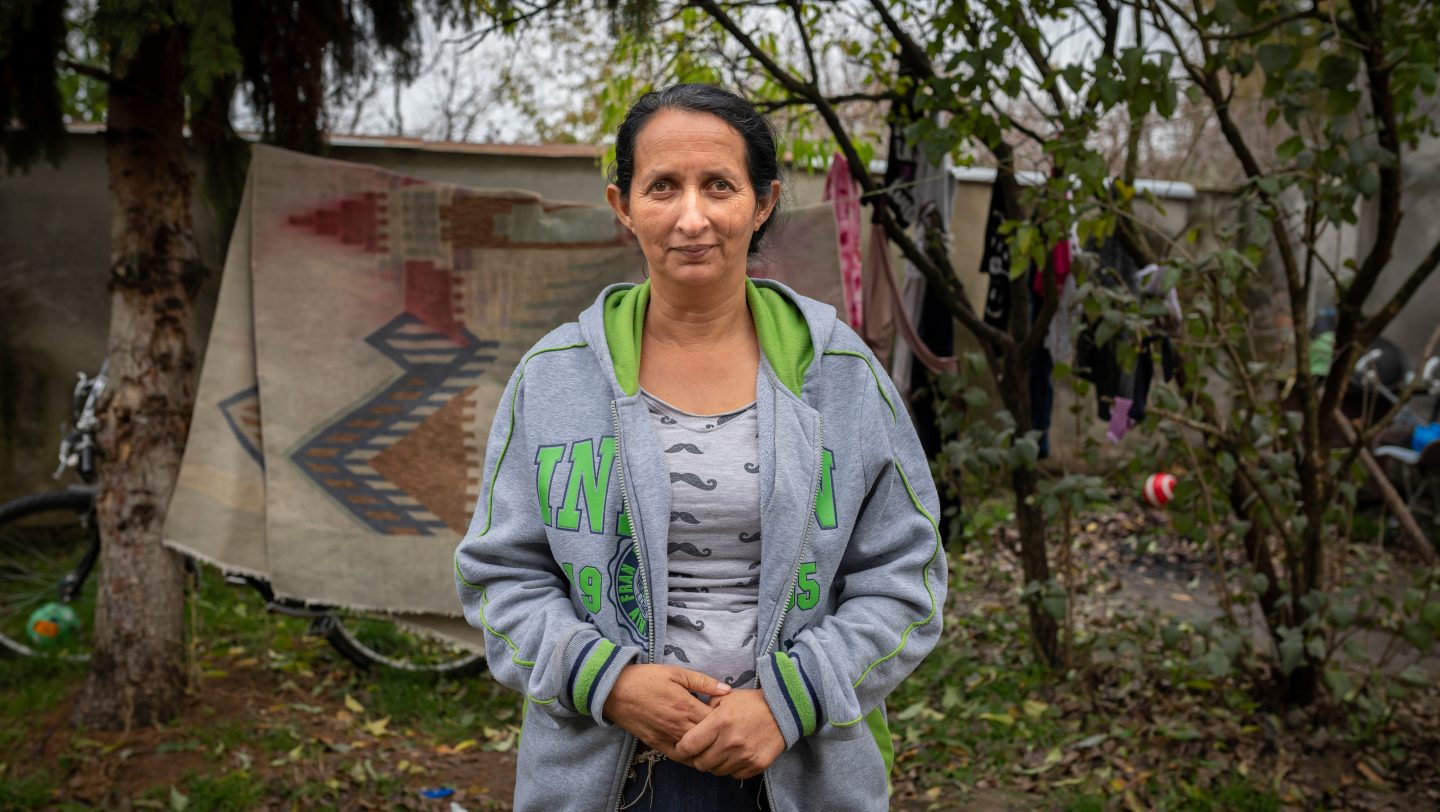Bosanka (Dragutinovic) was comfortable giving birth at home in her caravan. The old Roma midwives used to say if the baby suckled within the first hour, it was fine and there was no need to go to hospital. Bosanka had four of her seven children this way. Only later did she understand their not having birth certificates left them stateless.
How could Bosanka have known? She was herself born in a caravan, unregistered, and never knew her parents. “I was born in Italy. My grandmother, who brought me up, told me it was somewhere near Turin but we moved around a lot, from Sicily to the north.”
It was a big, romantic love story, like Adam and Eve, except we didn’t have an apple.
Bosanka is now 44 and living with her partner’s family in Croatia. Over the years, it began to sink in what being stateless meant. She never went to school and is still deprived of basic rights – to work, travel, marry or visit a doctor. Her children do now have documents and attend school but she is still struggling with the paperwork to get a normal life.
“I really hope this will be resolved soon and the documentation nightmare will be over,” she says.
In Croatia and across the Balkans, Roma people in particular can fall into statelessness because the births of their children go unregistered. The national census of 2011 identifies 2,886 people as stateless or at risk of statelessness in Croatia alone.
The story begins in Italy, where young Bosanka fell in love with a lad called Gianni when they were out gathering firewood in the forest. “It was cold, and the fire brought us together,” she remembers. “It was a big, romantic love story, like Adam and Eve, except we didn’t have an apple.”
Bosanka and Gianni had all their seven children in Italy and lived in various caravans — latterly a large one that even had a bathroom, donated by a Catholic priest. But both lacking documents, they were stuck doing miserably-paid odd jobs, such as seasonal farm work or selling candles. They felt they had no future.
Gianni’s parents lived in Croatia and had Croatian citizenship, so in 2010 the young family moved to join them. “We came to Croatia because we wanted to regularise our situation,” he says.
In Croatia, Gianni, 42, changed his name to the more local-sounding Kristijan. “It came to my mind – ‘new life, new name,’ ” he says.
They now live in his parents’ three-room cottage in the village of Darda, near Osijek. The area suffered during the war from 1991-1995 and remains economically depressed, so the job opportunities are little better than they were in Italy. But the family is more settled.
With the Italian certificate, she was able to go to the police station in Darda and apply for a UN 1954 Convention passport. Once she has this, she will finally exist on paper
Kristijan himself quickly got Croatian citizenship through his late father Dragoljub and his mother Ljilja, 62. Her health is poor but she is happy to be surrounded by her grandchildren. Altogether, there are six girls and one boy, aged nine to 19.
The kids are messing around, plaiting each other’s hair and playing with kittens on the carpet. “The moment I gave birth to them, they all had smiles on their faces,” their mother Bosanka says fondly.
Getting them registered was something of a headache, as the four older children without birth certificates had to have DNA tests to prove their parentage before they could become Croatian citizens.
Now the six younger children are all in school and Bosanka can see their school reports. “I can’t read but I can count,” she laughs, pointing to the good grades against her children’s names.
Education matters a lot to her and she makes sure the children, while speaking Croatian, do not forget their Italian and Romani.
Bosanka is now the last member of the family without documents. In the past, unable to take up proper job offers, she was reduced to on-the-side work and even begging.
But there is light at the end of the tunnel. This year, the Italian authorities confirmed in writing that Bosanka was not registered anywhere in Italy, the first step towards resolving her statelessness. UNHCR and its partner, the Civil Rights Project Sisak, helped to get the paperwork from Italy and provided Bosanka with legal advice.
With the Italian certificate, she was able to go to the police station in Darda and apply for a UN 1954 Convention passport. Once she has this, she will finally exist on paper and have access to all the rights and social services that citizens take for granted.
“The main thing is I will be able to travel,” she says, with a secretive smile. For her eldest daughter Suzana, 19, who is married and living back in Italy, is due to give birth to her first child.
“I want to be there for the birth of my grandchild,” says Bosanka. And of course she intends to make sure that the child, whether born in hospital or at home, is properly registered into a world of security and opportunity.
Share on Facebook Share on Twitter


